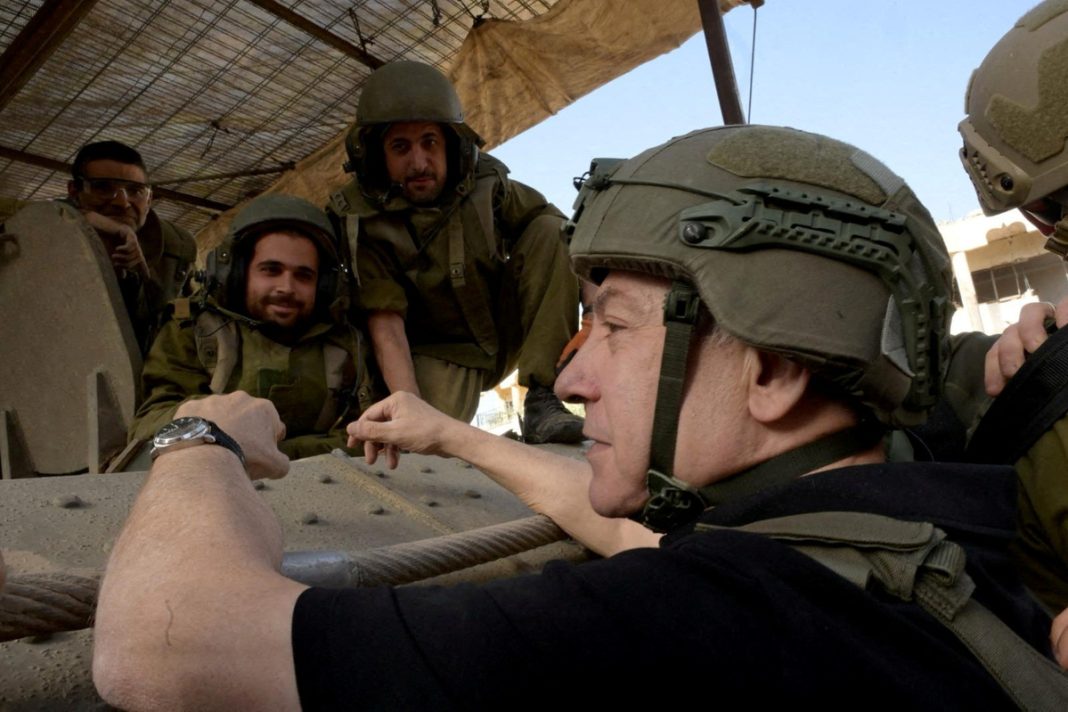According to Channel 13, Chief of General Staff Herzi Halevi said: “The army will be able to handle any mission, but there are political aspects that must be addressed first.”
A senior Israeli official, who preferred not to be named, told the channel: “The operation in Rafah is approaching.”
Newspaper Haaretz has also reported that the Israeli government has not concluded the details of the Rafah operation with Egypt, specifically how to handle action against Hamas’s tunnels that cross from Gaza into Egyptian territory.
For this and other reasons, the daily added citing a source familiar with Israeli war cabinet deliberation, a date for the beginning of the assault has not yet been set.
Netanyahu on Friday ordered the military to submit a dual plan to evacuate Palestinian residents from Rafah, home to more than 1 million residents seeking refuge from war, and to defeat the remaining “Hamas battalions”.
The Palestinians have sought refuge in Rafah as Israel pounded the rest of the enclave following the Oct. 7 Hamas military operation. The bombardment has killed more than 28,000 people, besides causing mass destruction and shortages of basic necessities.
The Israeli offensive has left 85% of Gaza’s population internally displaced amid acute shortages of food, clean water, and medicine, while 60% of the enclave’s infrastructure was damaged or destroyed, according to the UN.
United Nations chief Antonio Guterres has stated that half of Gaza’s 2.3 million population “is now crammed into Rafah with nowhere to go”, warning the displaced “have no homes” and “no hope”.
In a statement on X, EU foreign policy chief Josep Borrell also warned that an Israeli offensive in Rafah would lead to an “unspeakable humanitarian catastrophe.”
“I echo the warning by several EU member states that an Israeli offensive on Rafah would lead to an unspeakable humanitarian catastrophe and grave tensions with Egypt. Resuming negotiations to free hostages and suspend hostilities is the only way to avert a bloodshed,” Borrell wrote.
